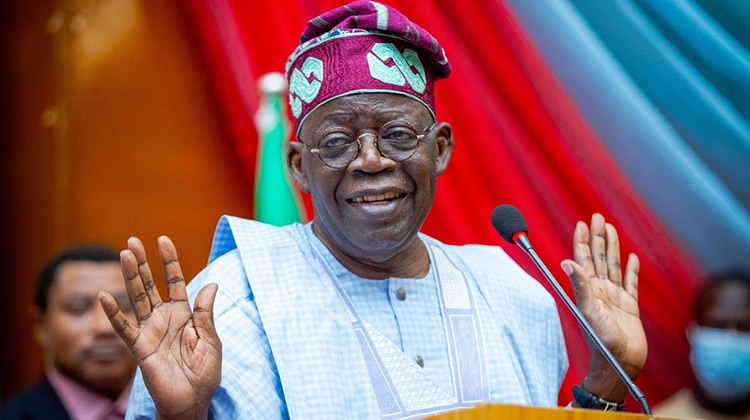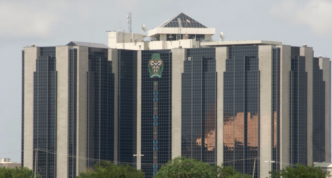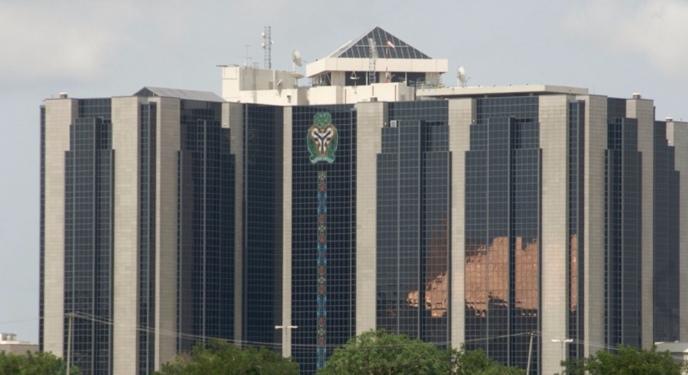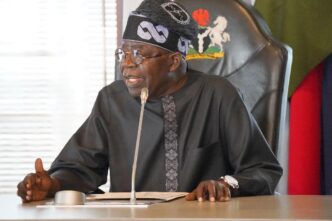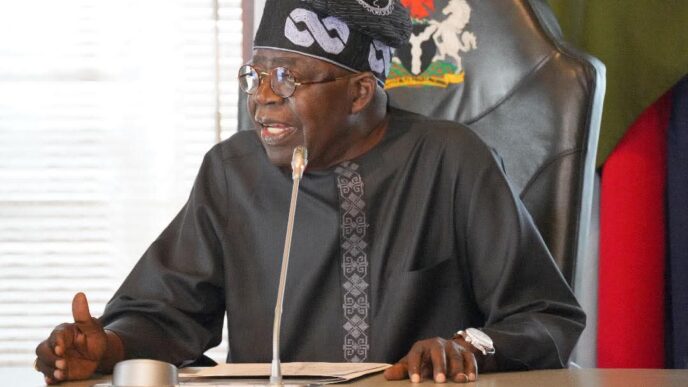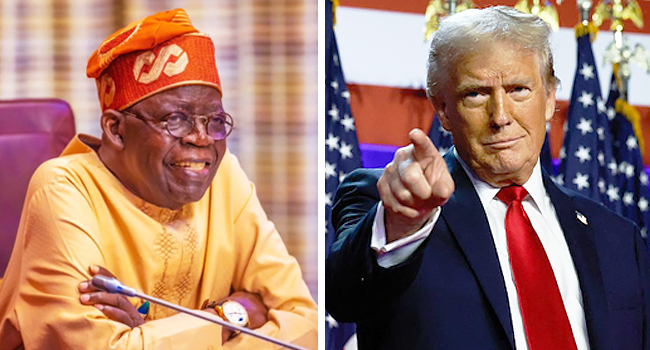In a move that has stirred reactions across the energy sector, President Bola Tinubu has approved a 15 percent ad-valorem import duty on diesel and petrol (Premium Motor Spirit, PMS).
The decision, seen by many as unexpected, is expected to drive up pump prices in the coming weeks.
The approval was contained in a letter dated October 21, 2025, signed by Damilotun Aderemi, the President’s Private Secretary, and addressed to both the Federal Inland Revenue Service (FIRS) and the Nigerian Midstream and Downstream Petroleum Regulatory Authority (NMDPRA).
According to the new directive, the duty applies to all imported refined petroleum products, including PMS and diesel, under the existing importation framework.
With the new tax regime, industry experts project that the retail price of petrol could increase by approximately ₦99.72 per litre once implementation begins.
This adjustment could further strain consumers already grappling with high transportation and living costs.
Economists warn that the new import duty may trigger a fresh round of inflation, as fuel costs directly affect the prices of goods and services across the country.
However, the government argues that the measure aims to improve revenue generation and stabilize the downstream sector.
According to insiders, the Tinubu administration believes the ad-valorem duty system will ensure fairness in taxation and transparency in petroleum importation.
Meanwhile, the Nigerian National Petroleum Company Limited (NNPCL) has announced that it has commenced a comprehensive review of the nation’s three refineries.

The move, according to NNPCL, is part of broader efforts to reduce dependency on imports.
An NNPCL official, who preferred not to be named, explained that the review covers Port Harcourt, Warri, and Kaduna refineries.
“The goal is to restore full refining capacity and minimize the impact of global price fluctuations on Nigeria’s economy,” the official said.
Economic analyst Tope Ajayi described the new policy as a “double-edged sword,” noting that while it might boost federal earnings, it could also worsen inflationary pressures.
“Introducing a 15 percent import duty on petroleum products at this time will likely push inflation higher,” he said.
“The government must ensure that refineries come back on stream soon to cushion the impact.”
Furthermore, consumer rights groups have urged the government to provide clear communication on how the proceeds from the new tax will be used, emphasizing the need for transparency and accountability.
However, as fuel marketers prepare for adjustments, Nigerians brace for possible price hikes at fuel stations.
